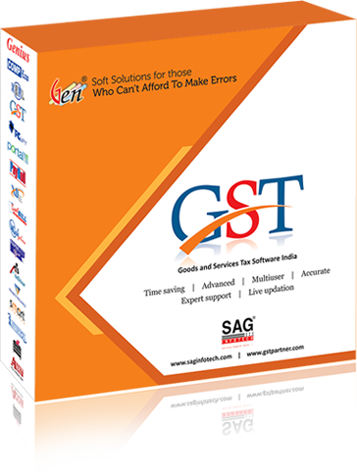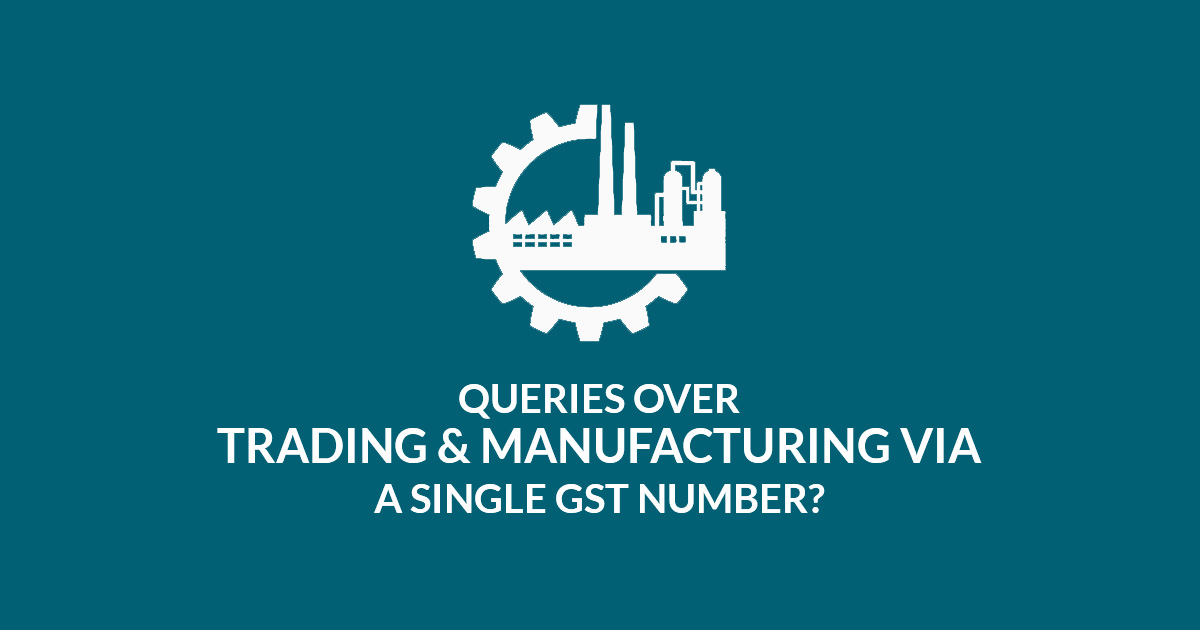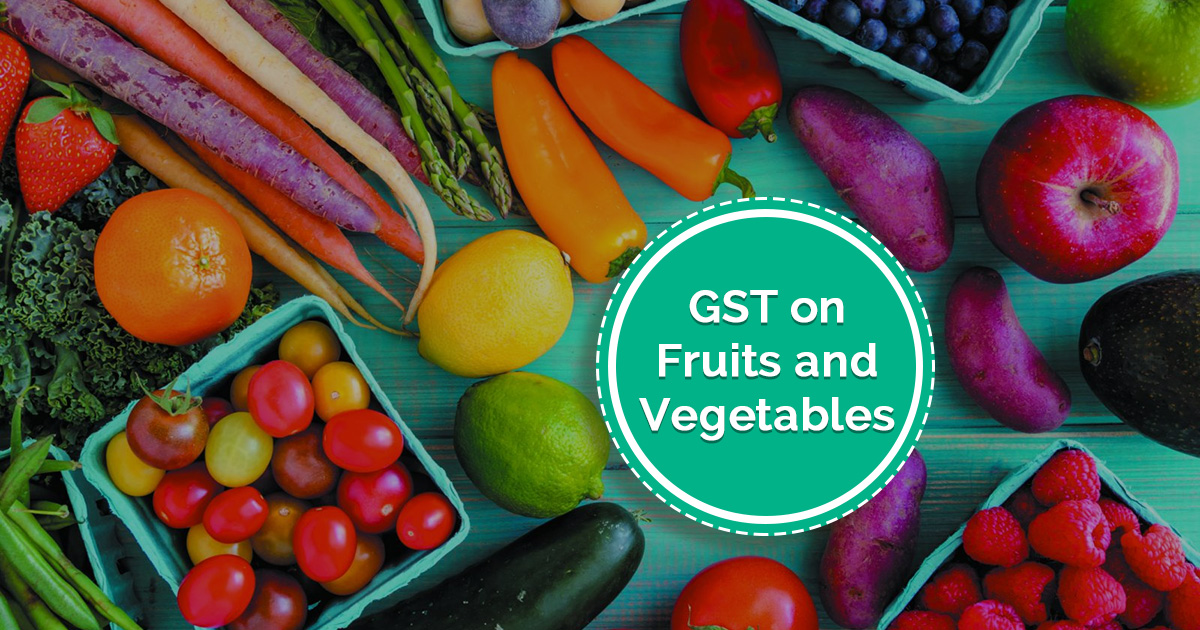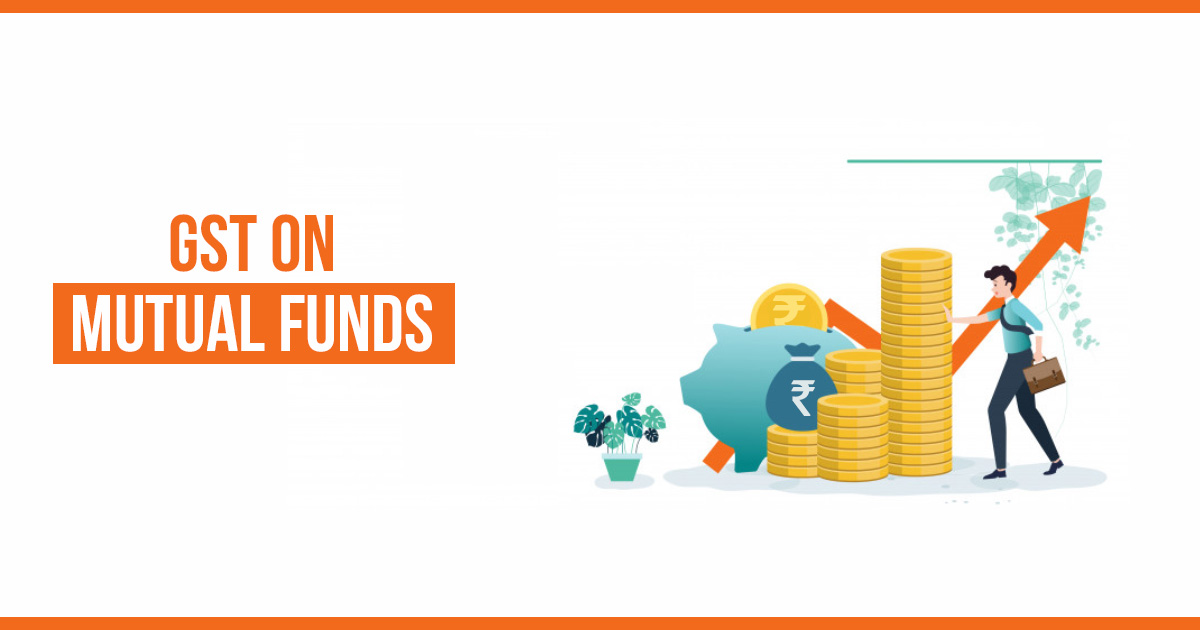After the launch of GST on 1 July 2017, almost all the departments of the government started working towards an absolute transition to the newly implemented indirect tax reign. Several questions have been raised by the Central Board of Excise and Customs relating to GST concerning individual sectors. From IGST (Integrated Goods and Service Tax) to GSTIN to trade to Special Economic Zones: the government highlighted many situations to clarify GST.
Given below are the queries mentioned by the CBEC:
If an event has been held by Maharashtra company in Delhi, will they have to register in Delhi? Will the IGST paid by Maharashtra company be enough?
Registration is required in Delhi if you provide any supply from Delhi or else, registration from Mumbai is enough (and any IGST on supplies made from Mumbai to Delhi).
Will a separate GSTIN be assigned to a registered person for deducting TDS (if he/she has PAN and TAN as well)?
As tax deductor, separate registration is required.
Are separate registrations required for trading and manufacturing by an entity in one state?
For all activities, there will be only one registration per state.
Will turnover of agents be added to that of the principal for registration?
No, the turnover of agents will not be added to the principle for registration.
I am registered in TN and getting the services from an unregistered dealer of AP. Should I take registration in AP to discharge GST under RCM?
Any person who makes an inter-state taxable supply is required to take registration. Therefore, in this case, the AP dealer will take registration and pay tax.
If I take up composition scheme under GST and purchase goods from an unregistered person, will I be required to pay GST to the government?
Yes, you will be liable to pay tax on a reverse charge basis for supplies from an unregistered person.
Which duties will be charged on the import of goods?
Customs duty and cess as applicable under the IGST and GST compensation cess.
After adding all customs duty and customs cess to the value of imports, IGST and GST compensation will be paid.
The current procedures have service tax on Nepal but not goods tax. With GST, which tax will apply?
The export procedure for Nepal would be the same as that to other countries.
Are there any exemptions for SEZ (Special Economic Zone)? How will an SEZ transaction happen in the GST reign?
As defined in Section 16 of IGST Act, supplies to SEZs are zero-rated supplies.
Read Also: AAR: Now Vehicle Owners Pay 18% GST on Pollution Certificate
As per the Section 16: “‘ZERO rated supply’ means any of the following supplies of goods or services or both, namely:- (a) export of goods or services or both; or (b) supply of goods or services or both to a Special Economic Zone developer or a Special Economic Zone unit. (2) Subject to the provisions of sub-section (5) of section 17 of the Central Goods and Services Tax Act, the credit of input tax may be availed for making zero-rated supplies, notwithstanding that such supply may be an exempt supply. (3) A registered person making zero-rated supply shall be eligible to claim refund under either of the following options, namely: — (a) he may supply goods or services or both under bond or Letter of Undertaking, subject to such conditions, safeguards and procedure as may be prescribed, without payment of integrated tax and claim refund of unutilised input tax credit; or (b) he may supply goods or services or both, subject to such conditions, safeguards and procedure as may be prescribed, on payment of integrated tax and claim refund of such tax paid on goods or services or both supplied, in accordance with the provisions of section 54 of the Central Goods and Services Tax Act or the rules made thereunder.”
How would the sale and purchase of goods to and from SEZ be treated? Will they be export or import?
Supplies by SEZs to DTA are treated as imports and supplies to Special Economic Zones are zero-rated supplies.
What is the status of international export freight under GST?
It was exempt under POPS rules. It is zero-rated in most of the countries.
POS or ‘place of supply’ for transport of goods determinable in terms of Section 12(8) or Section 13(8) of IGST Act, 2017, depending upon the location of service provider/service receiver. Exports are treated as zero-rated supplies.
As per to the eighth clause in Section 12 of the IGST Act: “The place of supply of services by way of transportation of goods, including by mail or courier to (a) a registered person, shall be the location of such person; (b) a person other than a registered person, shall be the location at which such goods are handed over for their transportation.”
Read Also: AAAR Fixed 18% GST Rate for Solar Power Projects
Also, Section 13(8) states: “The place of supply of the following services shall be the location of the supplier of services, namely:- (a) services supplied by a banking company, or a financial institution, or a non-banking financial company, to account holders; (b) intermediary services; © services consisting of hiring of means of transport, including yachts but excluding aircrafts and vessels, up to a period of one month.”
Who will pay IGST, if the goods are imported from a Special Economic Zone?
Under this, the supply is served as import and the pre-GST policy of payment continues with the difference that IGST is charged instead of CVD.
What will happen after GST if I have a pending export refund in service tax?
Refunds under previous laws will be given under the particular laws only.
How do I verify that my working capital is not blocked as refunds, as an exporter?
Within seven days of filing the refund, suitable provision has been made in the law by giving for the permit of 90 per cent of refund on a provisional basis.






